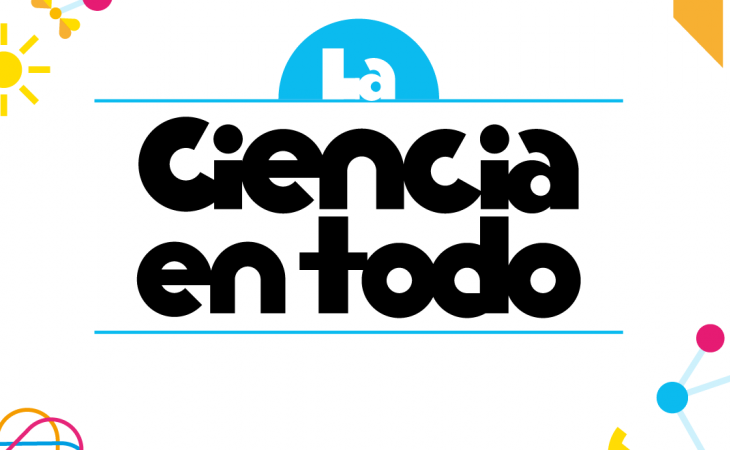The proposal seeks to show that science is part of our daily activities and t it must be considered when making decisions.

With a message that seeks to establish and sensitize the national community, the University of Costa Rica inaugurates this November a dissemination strategy to show that science is part of our daily activities and it contributes to people’s well-being.
This initiative is jointly developed by the Office of the Vice-Rector for Research and the Office of Disclosure and Information (ODI) of the UCR. Researchers from different disciplines of this University also participate.
The project is based on the need to increase efforts in the communication of science, to reach greater social recognition of scientific contributions and the impact of research on daily life and culture.
According to different studies carried out in our country, "doing science" is conceived as a task not available to everyone, but to a few, and its results have not been visible enough.
In the 2018 Wellcome Global Monitor survey, 55% of believing Costa Ricans said there are discrepancies between religion and science. Of that percentage, 70% took sides with religion.
Because of that, the UCR intends to reach several communities in the country and offer relevant scientific data, to help them improve their understanding of their environment. The goal is to empower people for their future so that they are able to contribute and build a society based on informed decisions.
Under the slogan "Science in everything", the communication and dissemination strategy is aimed at different population strata: grade school boys and girls, young students, and active adults, especially in rural areas.
To achieve the goals, topics of national importance have been defined as well as those of local relevance, from different branches of science and technology, including the humanities, social sciences, literature, health sciences, math, geology, and chemistry, among others.
The project has the logistical support of the Ministry of Public Education and the Ministry of Economy, Industry and Trade.